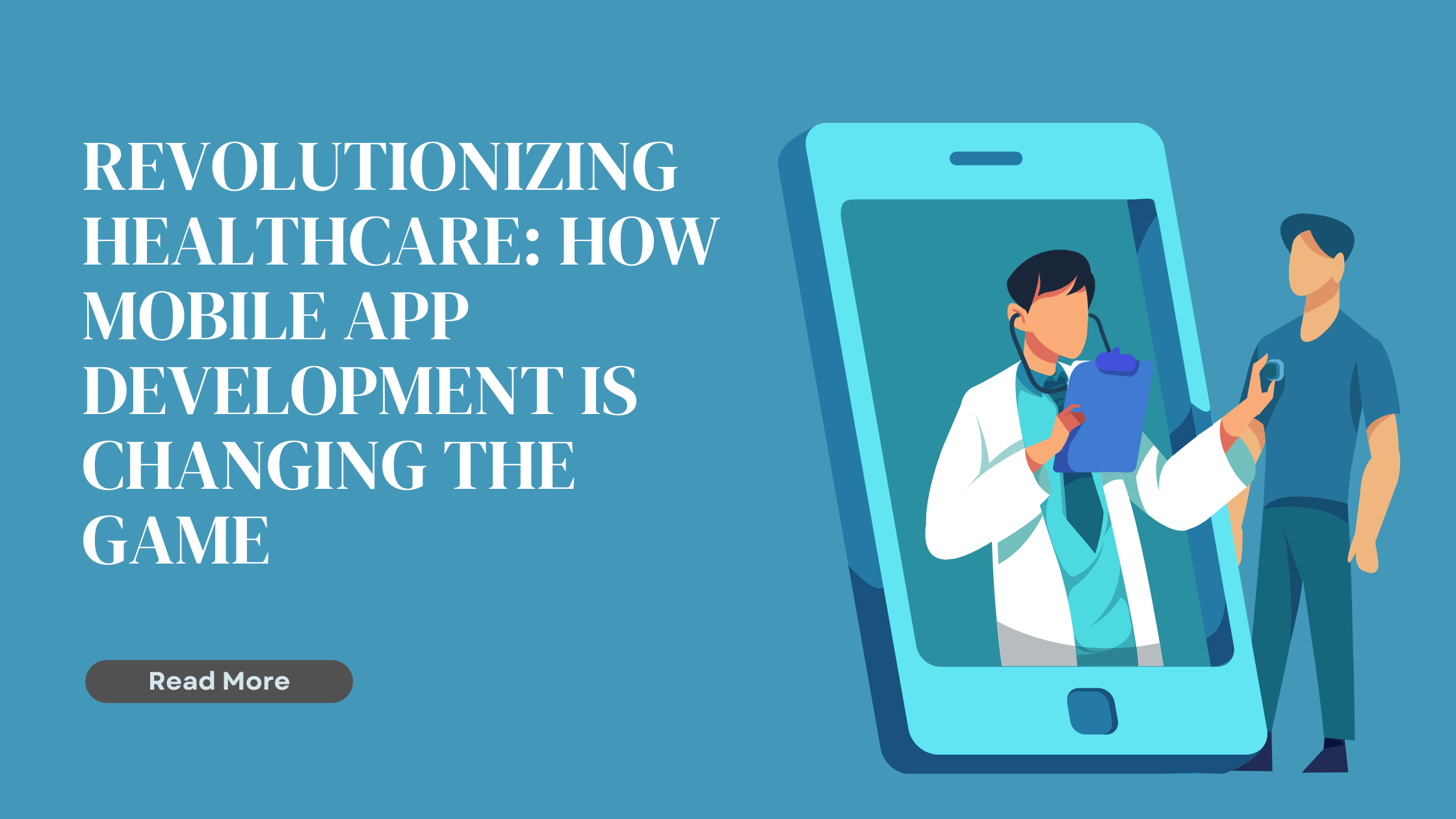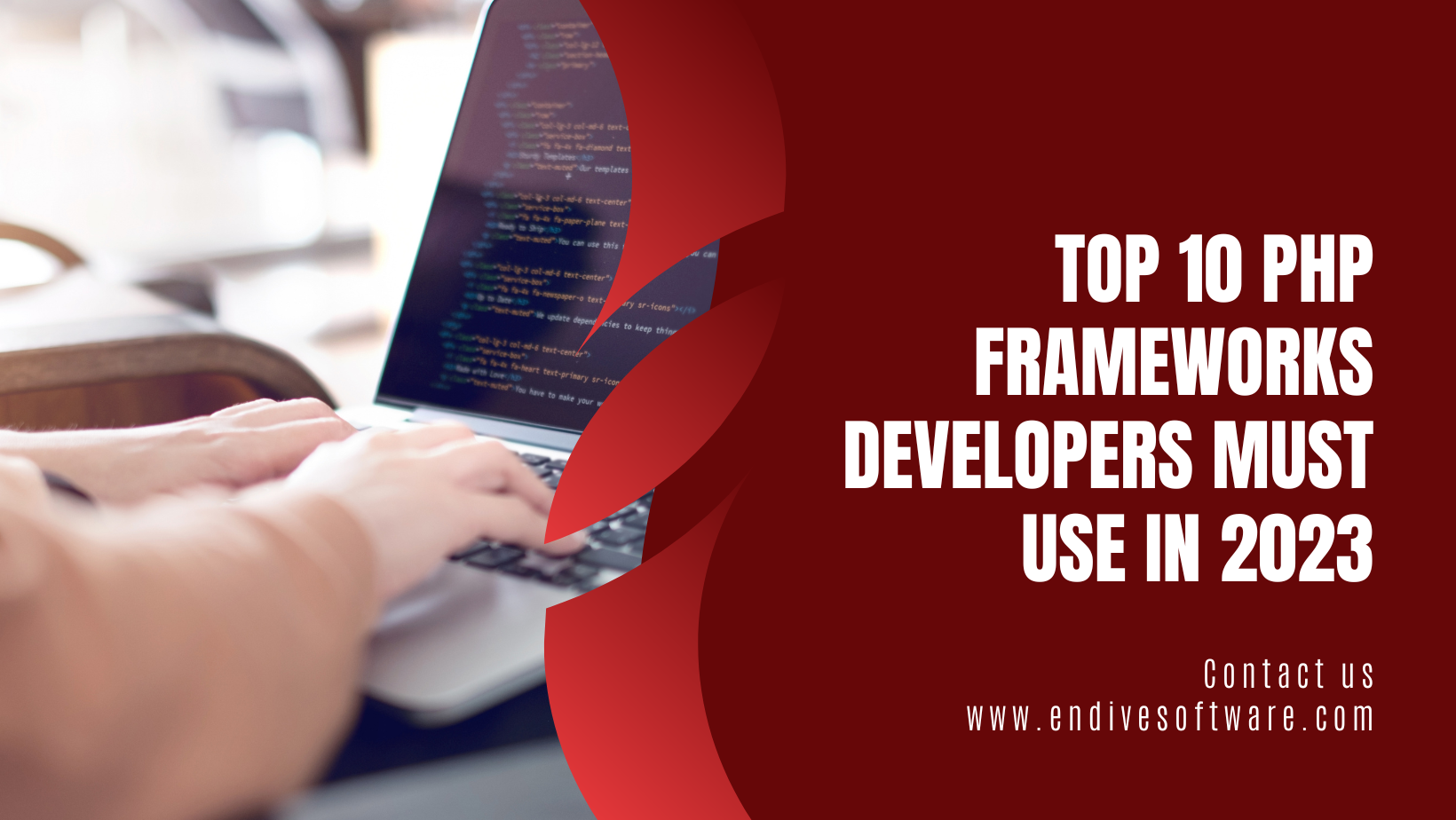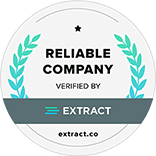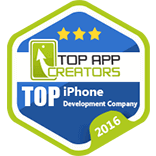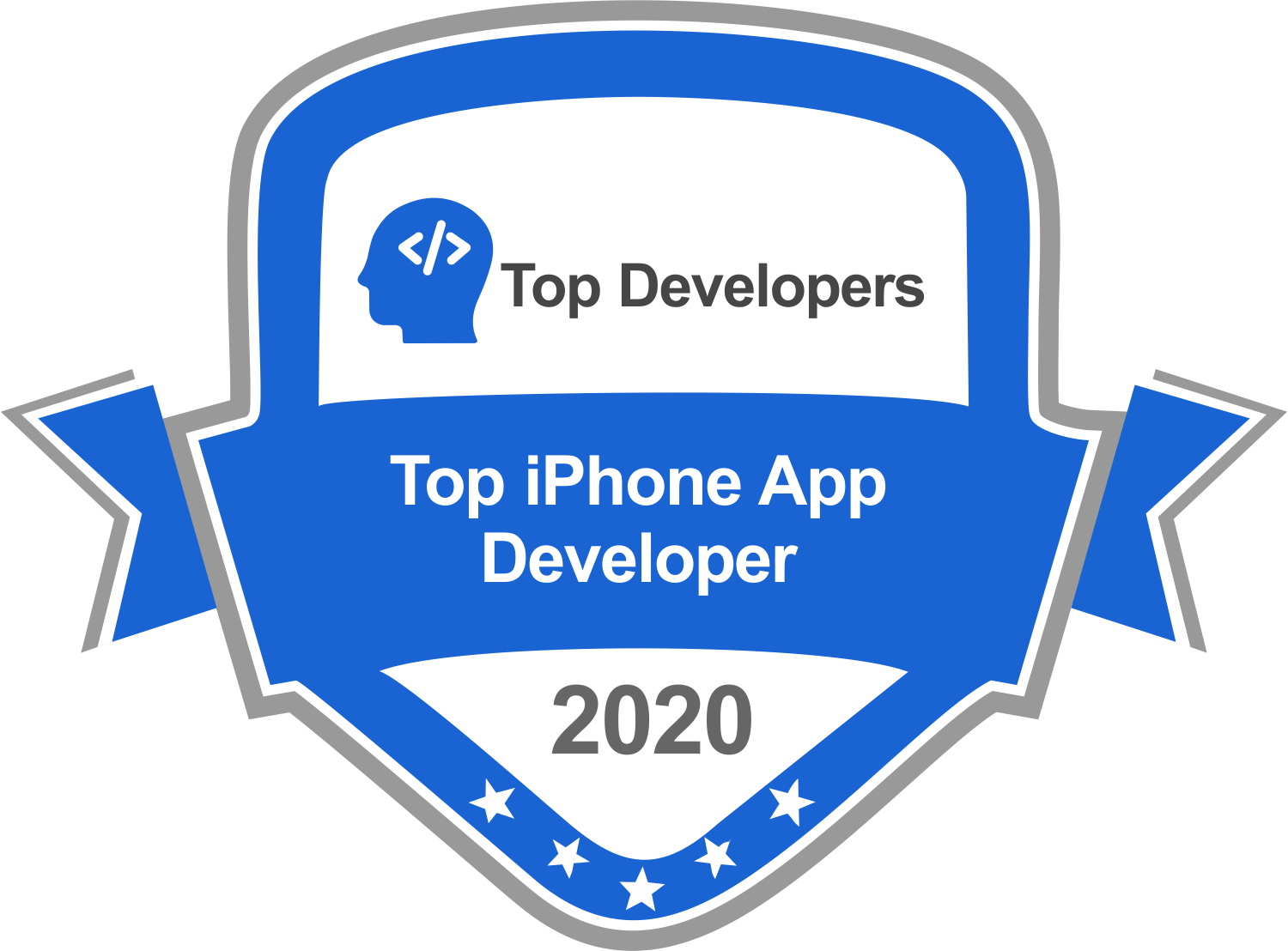With the rise of technology, mobile app development is changing the way healthcare is delivered to patients. Healthcare app development is a significant game-changer in the healthcare industry and has helped improve patient care delivery, patient engagement, and the overall efficiency of healthcare services. Mobile apps have simplified the process of accessing medical information and have enabled patients to manage their health better. Here are some ways in which mobile app development is revolutionizing healthcare:
1. Remote Healthcare Delivery: Healthcare apps enable remote consultations with healthcare providers, which is especially useful in rural areas where healthcare access is limited. Patients can communicate with healthcare providers, share their medical history, and receive medical advice through a secure app. This not only saves time and money but also reduces the need for patients to visit healthcare facilities physically.
2. Improved Patient Engagement: Healthcare apps improve patient engagement by providing patients with the tools to manage their health effectively. Patients can track their health goals, monitor their vitals, receive medication reminders, and access educational resources on health and wellness. Patients can also access their medical records through the app and share them with healthcare providers, improving communication and coordination of care.
3. Increased Efficiency: Healthcare apps streamline processes in healthcare facilities, reducing the time and resources needed for administrative tasks. Healthcare providers can use apps to manage patient schedules, prescriptions, and medical records, and to communicate with other healthcare providers involved in patient care. This not only improves the quality of care but also reduces the chances of errors and increases the overall efficiency of healthcare services.
4. Personalization: Mobile apps provide personalized care plans based on patient data, allowing for tailored treatment plans. Patients can input their health data, such as blood pressure, heart rate, and blood sugar levels, which can be analyzed to provide personalized health recommendations. This personalized approach to healthcare improves patient outcomes and satisfaction.
In conclusion, mobile app development is revolutionizing healthcare by improving patient access to healthcare services, increasing patient engagement, increasing the efficiency of healthcare services, and providing personalized care plans. The healthcare industry can continue to leverage technology to improve patient outcomes and enhance the overall delivery of healthcare services.
